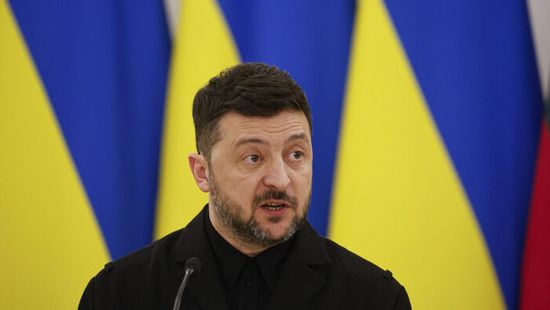„If the current domestic and foreign policy track is maintained by the Orbán government, Washington possesses other instruments of pressure, for instance Budapest should expect problems with approval of a new ambassador to the U.S. in early 2015 (the unofficial candidate is Orbán’s energy adviser, Réka Szemerkényi). A more radical and more painful tool, as Hungary's third-largest non-European trade partner and fourth-largest foreign investor, would be the introduction of economic constraints, including recommendations for American companies to stop investing in the country if governed by Fidesz.
It’s Not Just about Hungary.
The tightening in Washington’s strategy towards Budapest should also be treated as a signal to the new leadership of the European Commission: it has been unofficially criticized for taking a passive position on the internal changes and re-orientation of foreign policy of Hungary under Orbán. The U.S. will likely seek agreement with Brussels on a common stance, or even expect the Commission under President Jean Claude Juncker to take the lead if the Fidesz government takes further actions, such as avoiding the EU legislation on South Stream, that openly challenge the policies of the EU. Given the allegations of corruption among Hungarian officials, the Commission may look at Budapest’s management of EU funds and charge it with infringement of Community law if irregularities are discovered. As a last resort, the Commission should endeavour to undertake serious discussions with the Member States on the launch of the procedure under Article 7 of the Treaty on the European Union, a step that can be followed by taking away some of Hungary rights as a Member State. The international community must, however, remember that a side effect of this type of direct pressure would be an even stronger shift towards Russia and increased rhetoric from both the government and pro-Orbán media on the subject of leaving the EU (as has already been discussed by the Fidesz Speaker of Parliament). The firmer U.S. policy is also a warning to a few other Visegrad countries (V4). The statements and actions of some leaders, such as, for example, a speech delivered in Russian by Czech President Miloš Zeman in which he stated that Ukraine is a »failed« state, testify to the fact that Central European elites do not appreciate the importance of the Ukraine—Russia conflict and its direct threat to their own countries and region. It should be thus expected that Americans will become more engaged in the dialogue with their partners from Central Europe in order to develop a more uniform position on matters in the east.”

